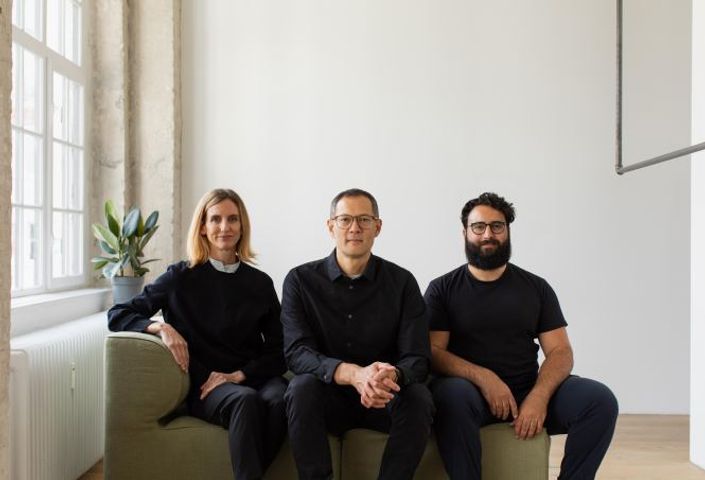Made of Air
Coupling decarbonization with urban development
Made of Air combines long-term experience from the building industry with an ambition to turn one of our greatest challenges today, producing materials in the context of global warming, into their biggest resource. Their carbon-negative material is made from wood waste and a bioplastic and can be used in everything from consumer goods and furniture to building facades.

- SectorClimate
- CountryGermany
- Entry2021
- Web
- Co-founders
- EQT Deal Expert
- EQT Deal Associate
Made of Air
About the solution
From the air to trees
Trees are the original carbon capture technology. They convert atmospheric CO2 into carbon stored in their trunks.
To wood waste
At the end of a tree’s life, the stored CO2 gets re-released into the atmosphere through decomposition or burning. This pile of wood waste will release CO2 without intervention.
To Biochar that permanently locks in carbon
Made of Air steps in to ensure that the CO2 stored by trees is permanently locked in by creating Biochar from wood waste. Biochar is a negative emissions technology that locks carbon in a stable form permanently.
To Made of Air that replaces fossil plastic
Using Biochar, Made of Air go one step further to create materials that replace polluting materials like fossil plastic and aluminium.
To the ground
Material use needs to be intentional, therefore Made of Air focus on durable and recoverable applications that have long usage cycles. After decades of use, our materials can be returned to the earth safely, either directly or as Biochar.
EQT Foundation' investment
EQT Foundation invested in Made of Air's seed round and crowded in additional investment capital from partners in EQT. The team at EQT Foundation was impressed by the team and their genius business model innovation of adding a step in the biochar value chain, providing businesses with a decarbonization avenue prior to locking the carbon permanently in the ground. Textbook example on how to monetize impact; asking oneself "who owns the problem? and who can be part of paying for solving it?"